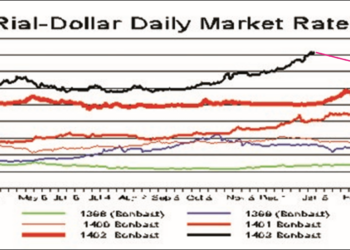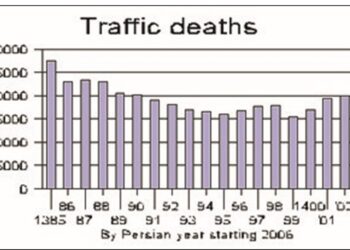
A British court has told the National Iranian Tanker Co. (NITC) it will not stop the EU from re-imposing sanctions on NITC.
The decision is yet another setback for efforts by Iran to use European courts to get out from under EU sanctions.
The EU courts have almost uniformly found in favor of Iranian firms that have objected to EU sanctions. The courts have said the EU did not provide enough evidence to justify the imposition of sanctions. The EU has then gathered new evidence and re-imposed sanctions on almost every Iranian firm that has won a court case.
The NITC is one of the major Iranian firms to have won, with the EU General Court finding last July that the shipping firm should be removed from the sanctions list.
But the EU foreign ministers are due to re-impose sanctions on the NITC when they meet this month. That promoted NITC to go into court in Britain to try to stop the re-imposition. The firm asked the court to issue an injunction against Britain voting in the 28-member EU for the re-imposition. Since such EU decisions must be unanimous, that would spike the effort to re-impose sanctions.
At a hearing Monday, High Court Judge Nicholas Green said government lawyers had argued that a British veto on EU sanctions against NITC would damage London’s credibility on the nuclear issue.
They also said such a veto would reduce the chances of a negotiated settlement with Iran by lending credence to the view held by some Iranians that Tehran did not need to negotiate seriously as the West’s sanctions regime would collapse anyway.
The judge said that NITC’s lawyers had put forward legal arguments that, while not overwhelming, could not be dismissed. However, he said those arguments should be considered by the Luxembourg-based General Court, the second highes court in the EU and the one that lifted the NITC sanctions last year.
The judge also said that for the court to force the British government to veto sanctions would have been “wholly exceptional” and risked causing “tangible difficulties for the policy behind the sanctions regime.”
NITC had been on the EU sanctions blacklist since 2012. The sanctions prohibit any trade between the EU, its companies and citizens, and NITC, including the provision of services such as insurance or banking.













